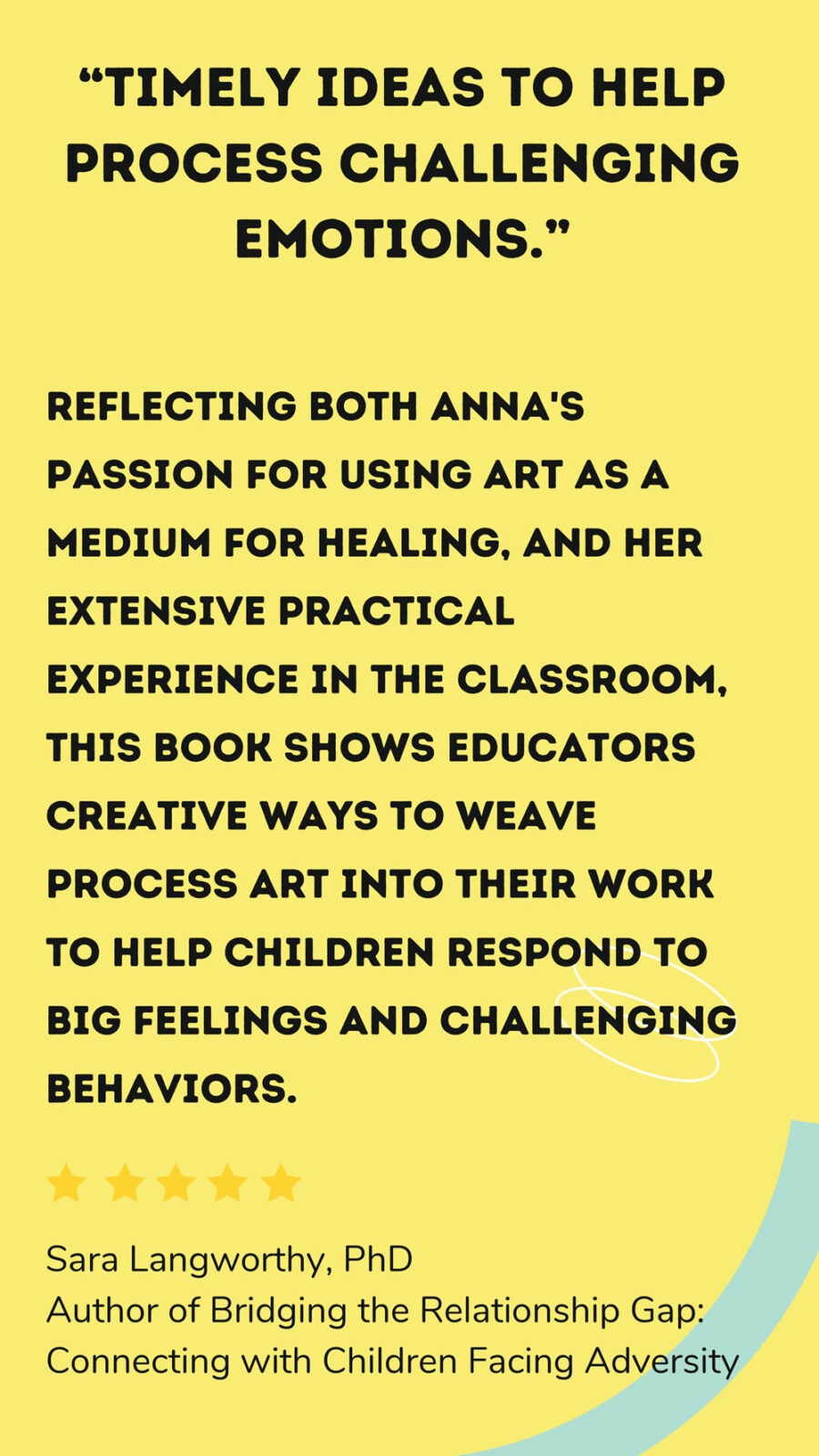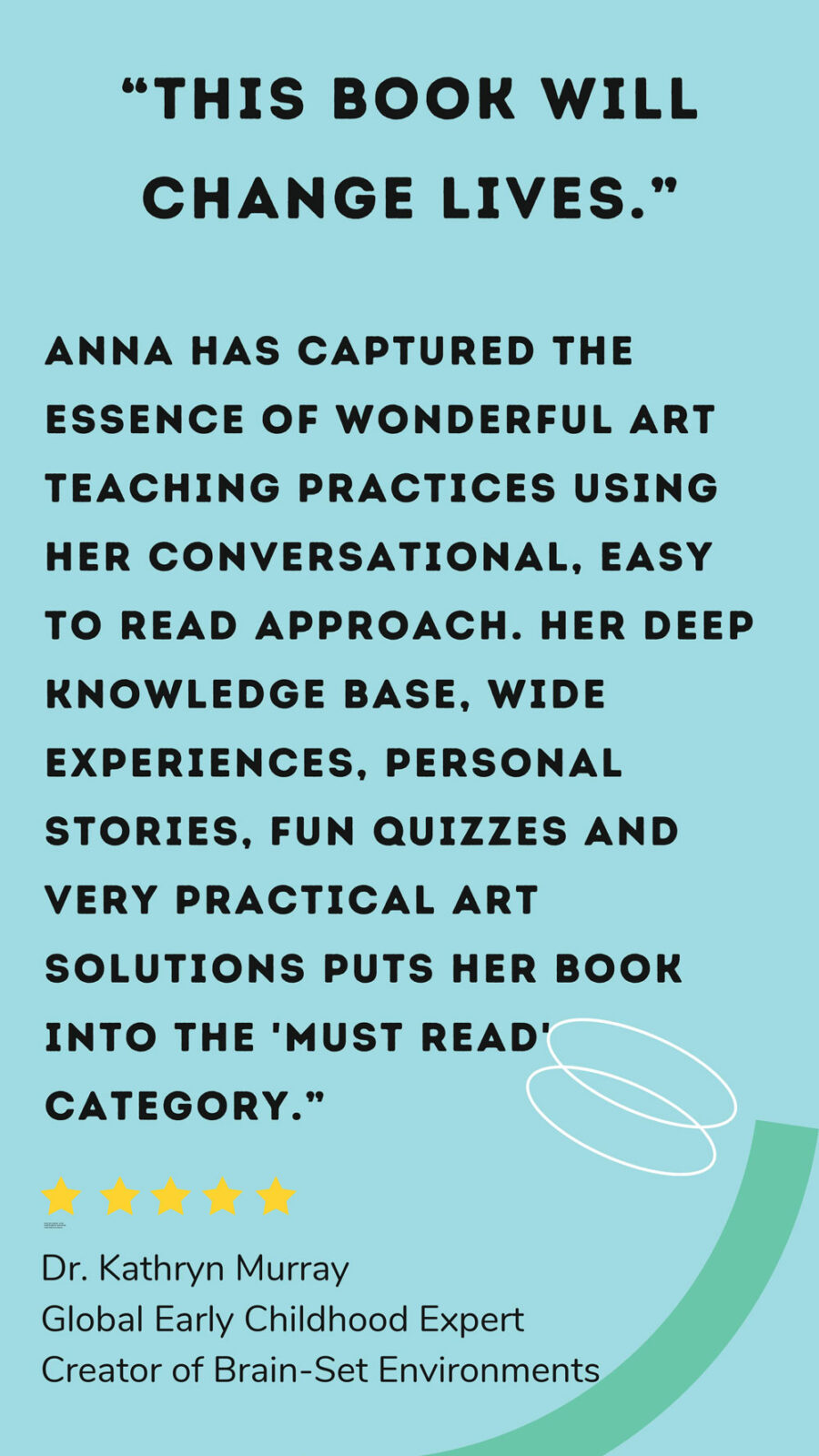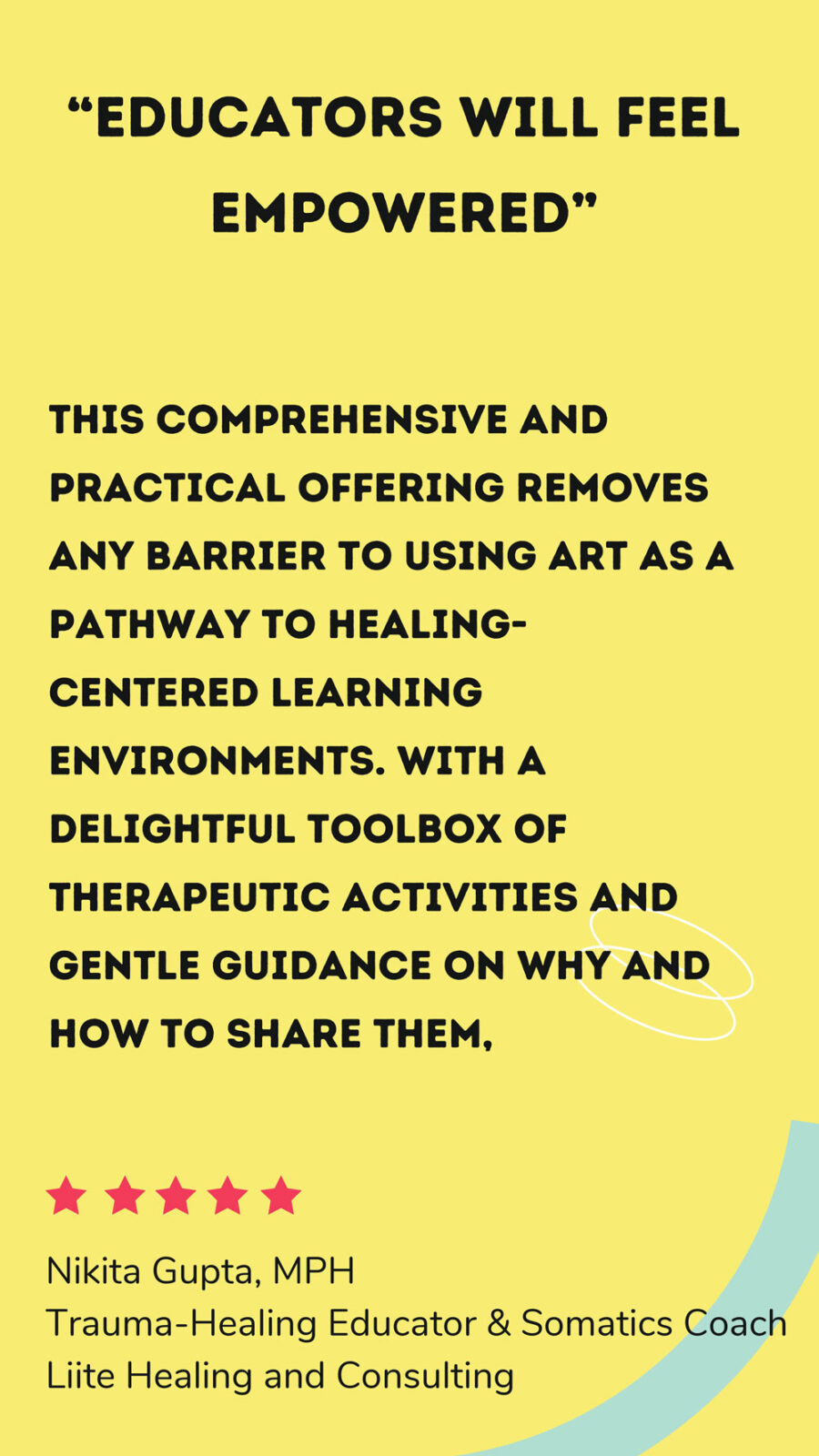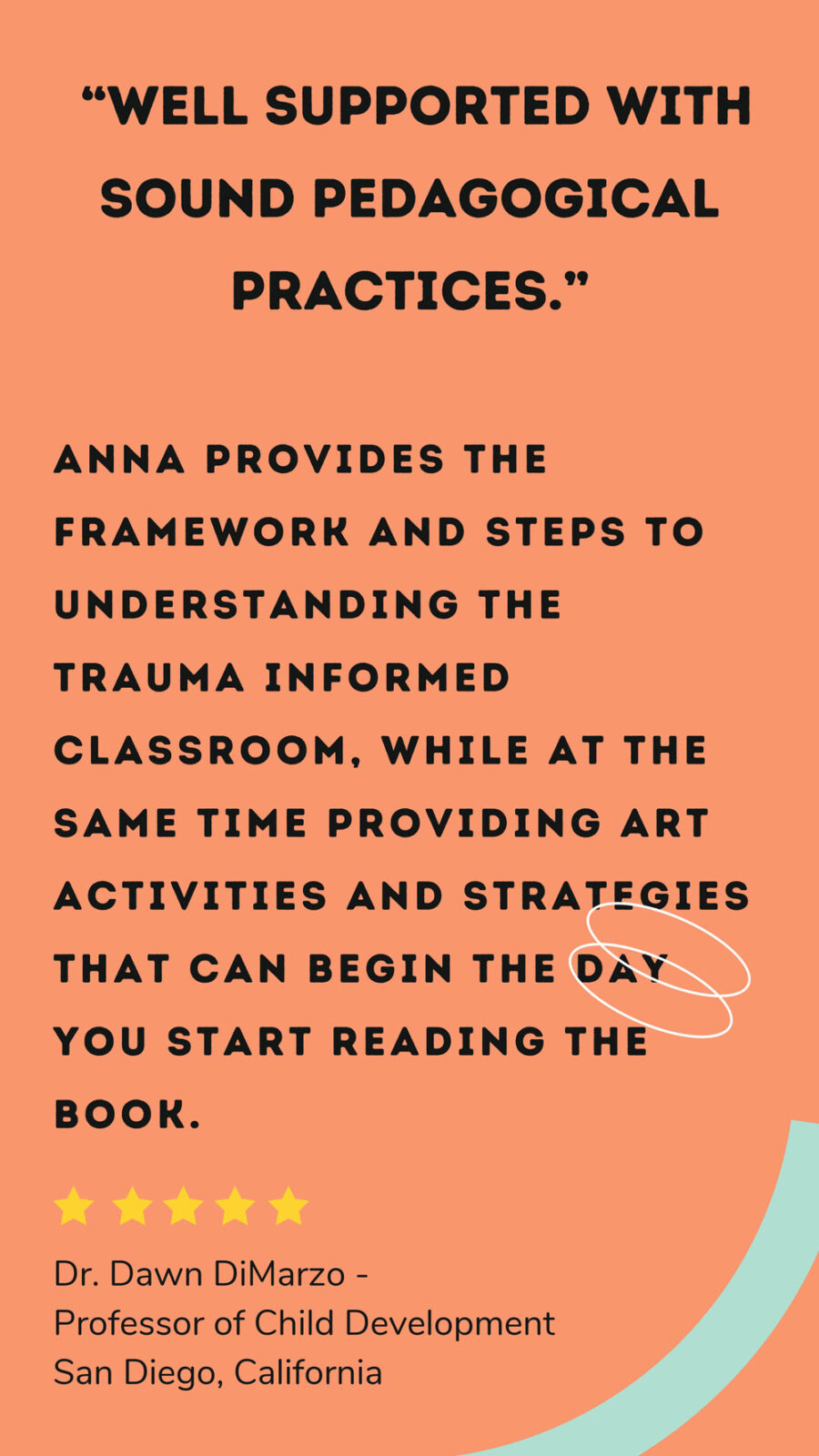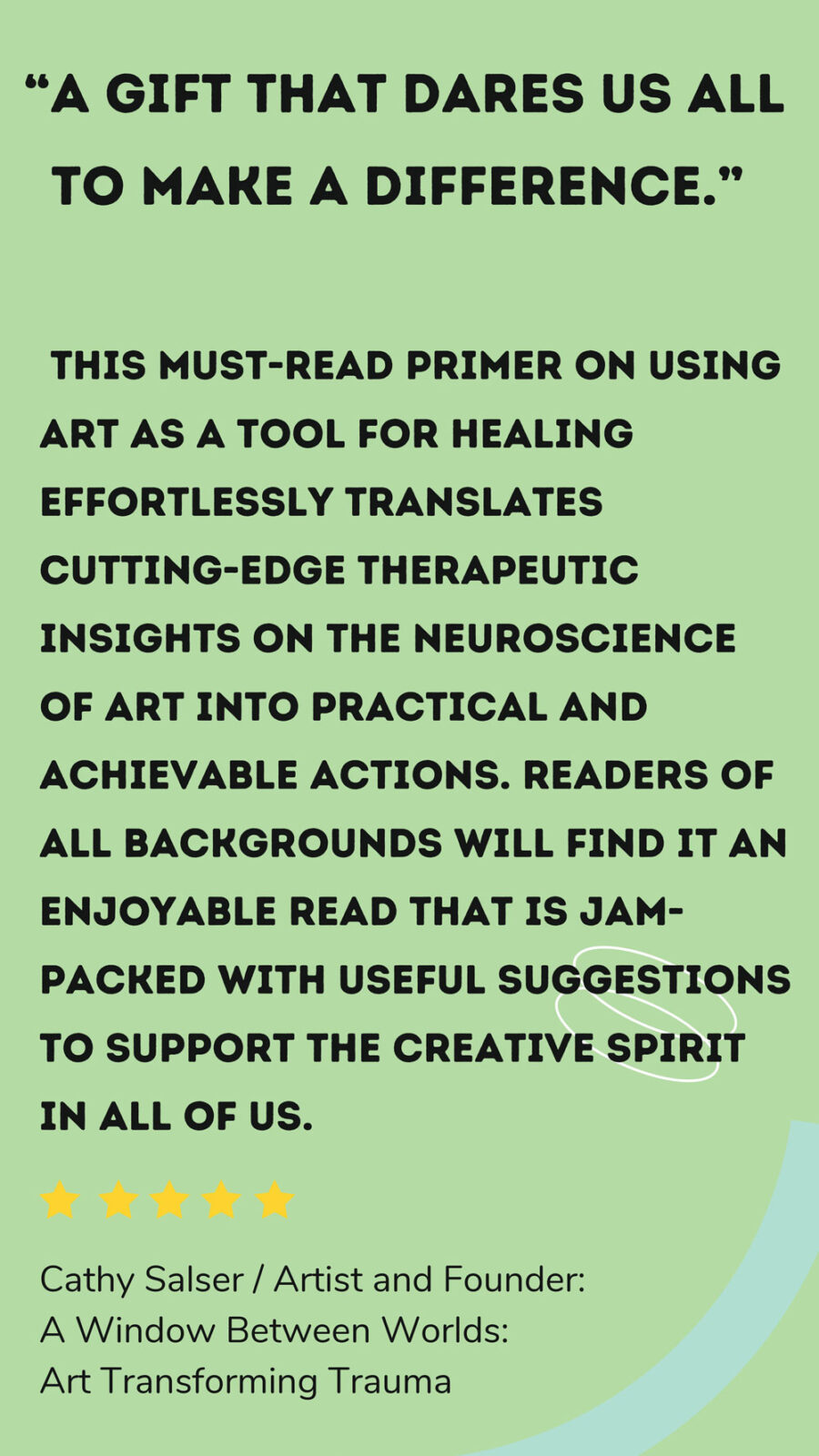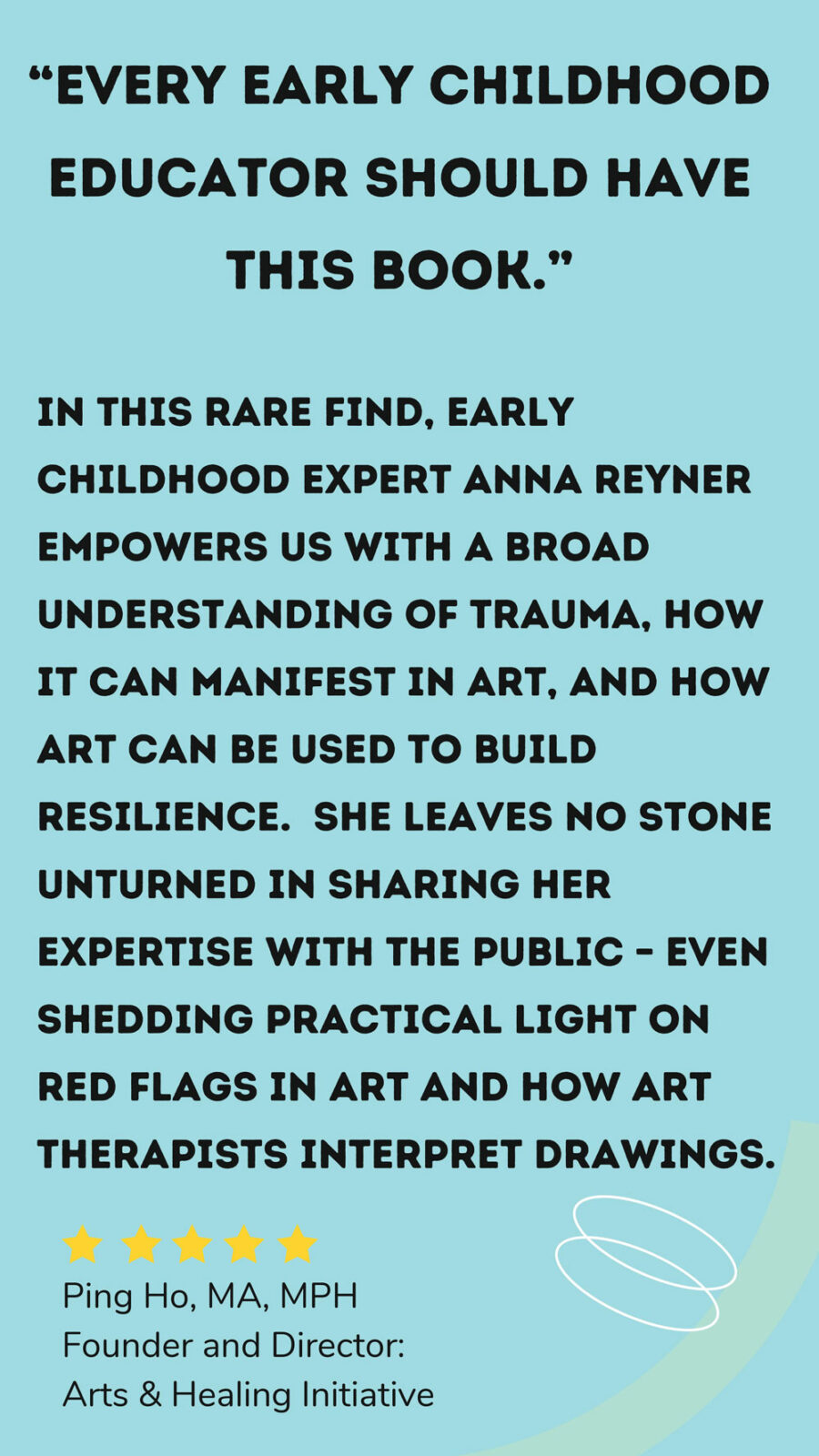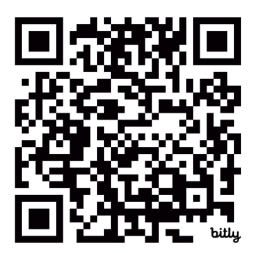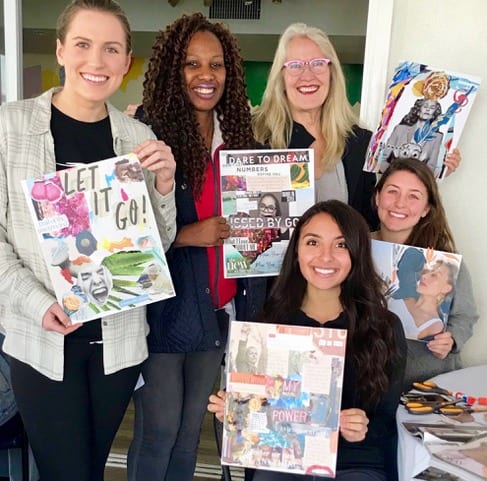Trauma-Informed Art: THE BOOK
Artful Calm: Fostering Wellbeing in the Classroom with Trauma-Informed Art Activities
Does your classroom sometimes feel more like a whirlwind than a learning haven? You are not alone. Managing student emotions and maintaining a calm environment are ongoing challenges for educators. But what if the key to a happier classroom could be found in simple art supplies? In this ground-breaking book, you’ll learn to understand and apply the principles of art therapy in your work with children. You’ll discover how to weave process art into your practice to help children respond to big feelings and challenging behaviors. From learning about Art and Trauma to informed principles of building resiliency, this book is grounded in evidence-based research and supported by sound pedagogical practices.
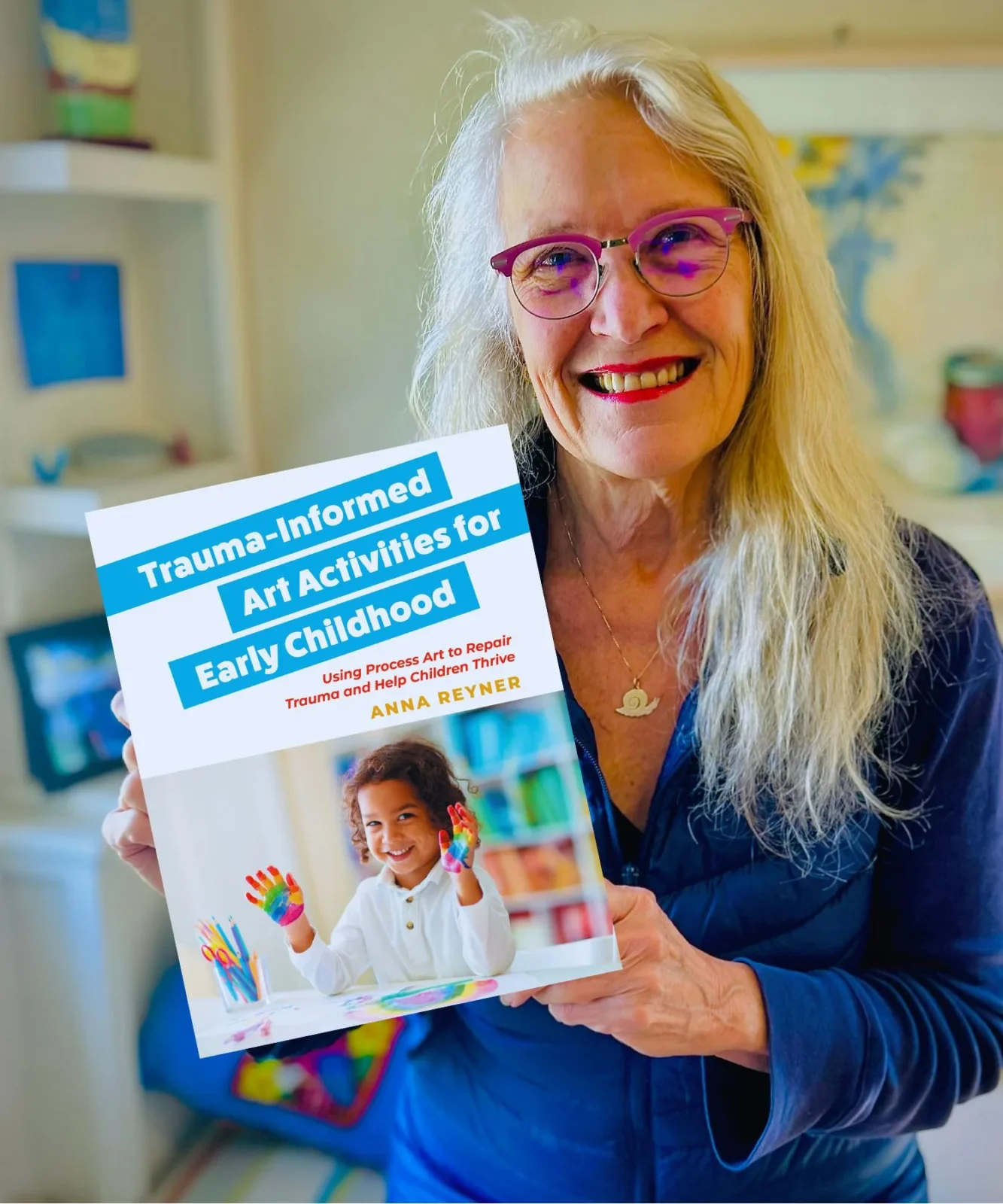
Order Your Copy Today!
from AMAZON here:

Building Coping Skills For Kids: Lesson Plans and Therapeutic Activities
Looking for positive solutions that are easy to apply? This visually rich book provides the framework for understanding the trauma-informed classroom, as well as art activities and strategies that can begin the day you start reading. The 21 original lesson plans and 60 field tested art activities are fully illustrated and each chapter includes original graphics that help make trauma theory easy to understand.
Here’s a sampling:
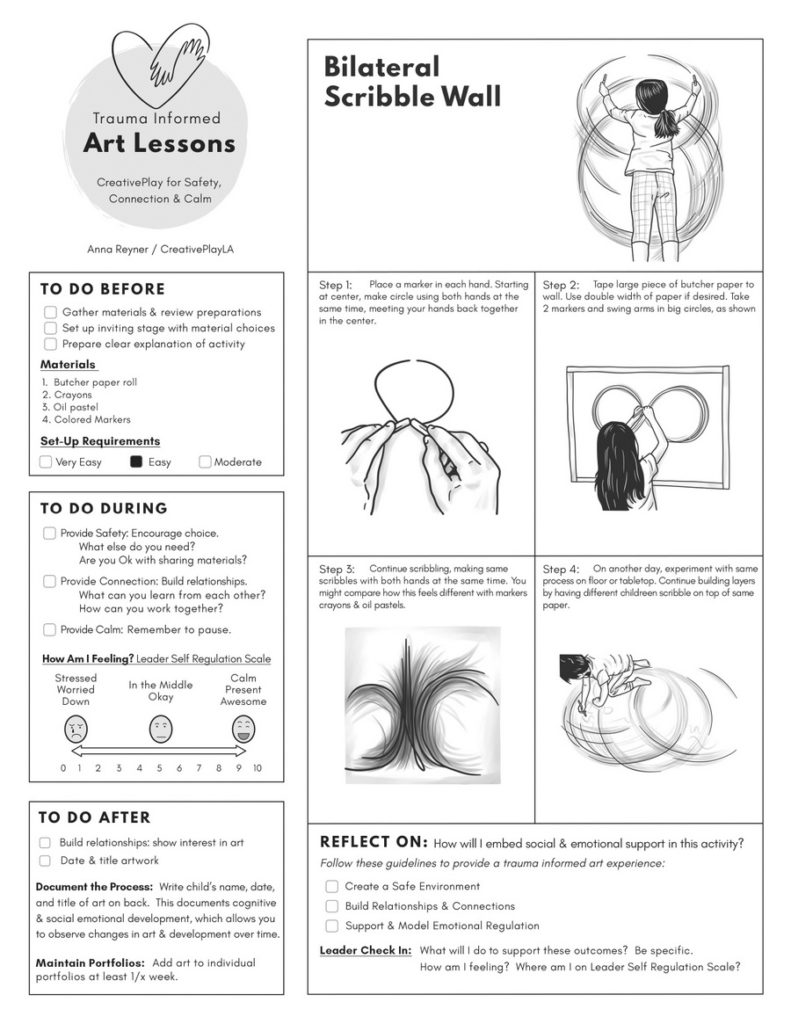
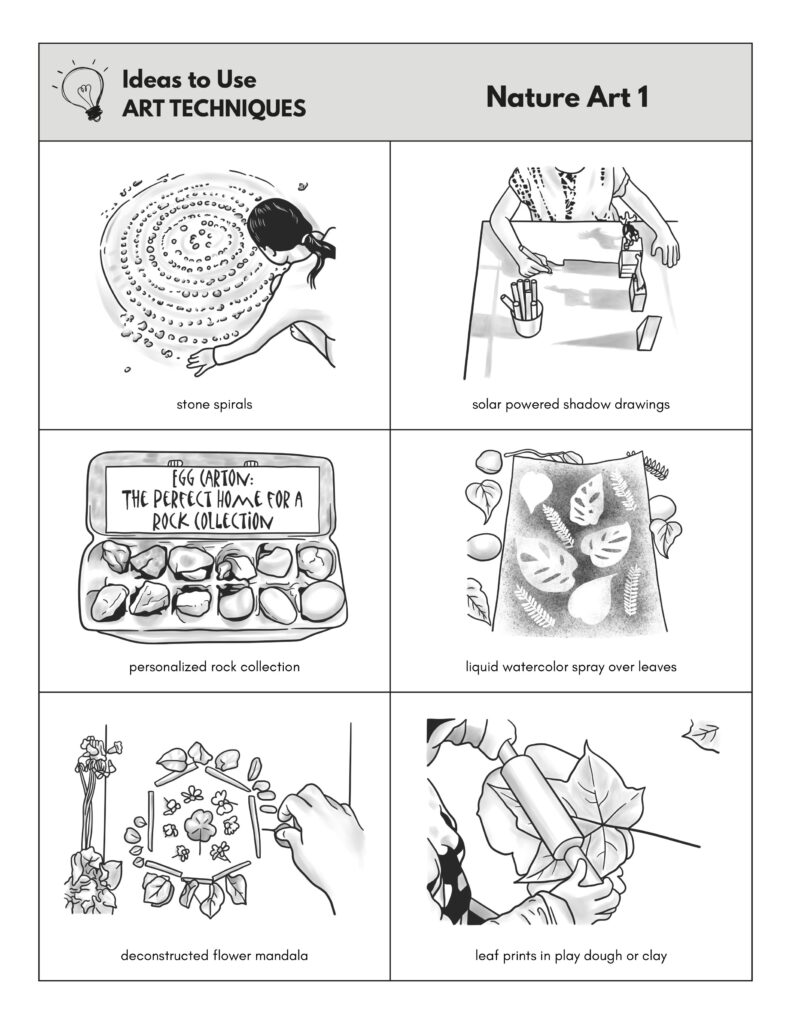
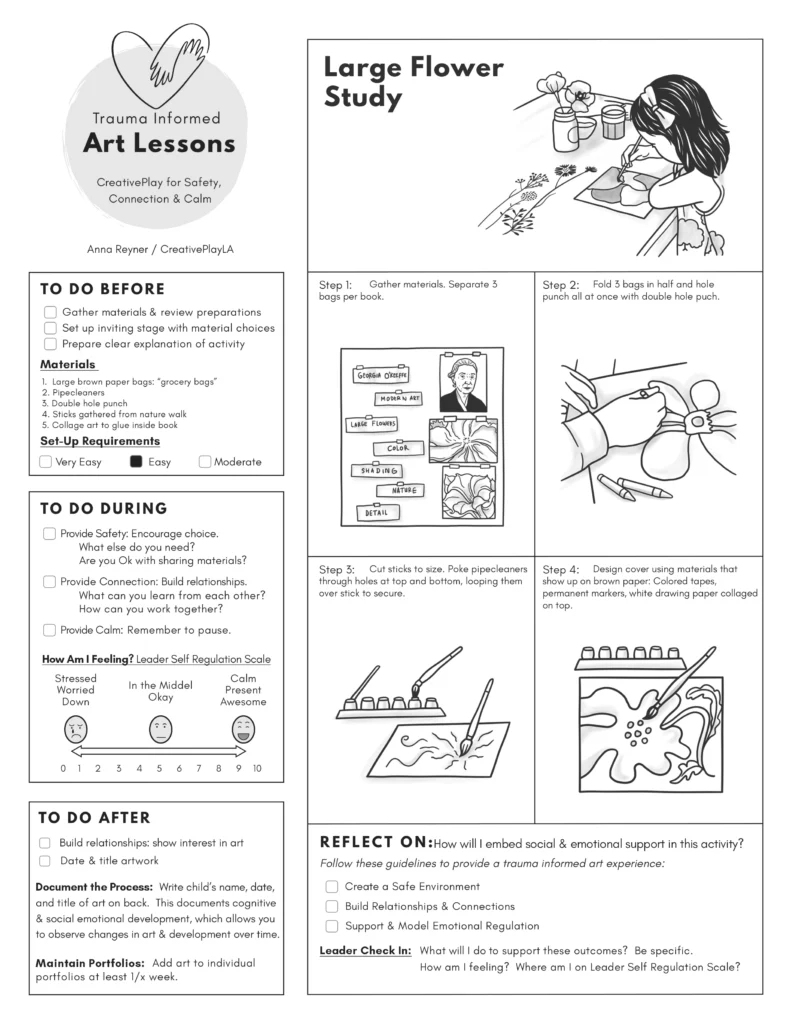
See What Your Colleagues Say
Beat Teacher Burnout with the Power of Art
Feeling overwhelmed by the daily grind? Trauma-Informed Art Activities for Early Childhood offers more than just engaging and therapeutic art ideas for children – it’s a lifeline for busy educators that offers practical and creative solutions for secondary stress. The chapter Teachers and Secondary Stress includes practical solutions to managing secondary trauma, as well as six pages of adult art lessons and mindfulness activities. Invest in Trauma-Informed Art Activities and discover the transformative power of art for both you and your students.
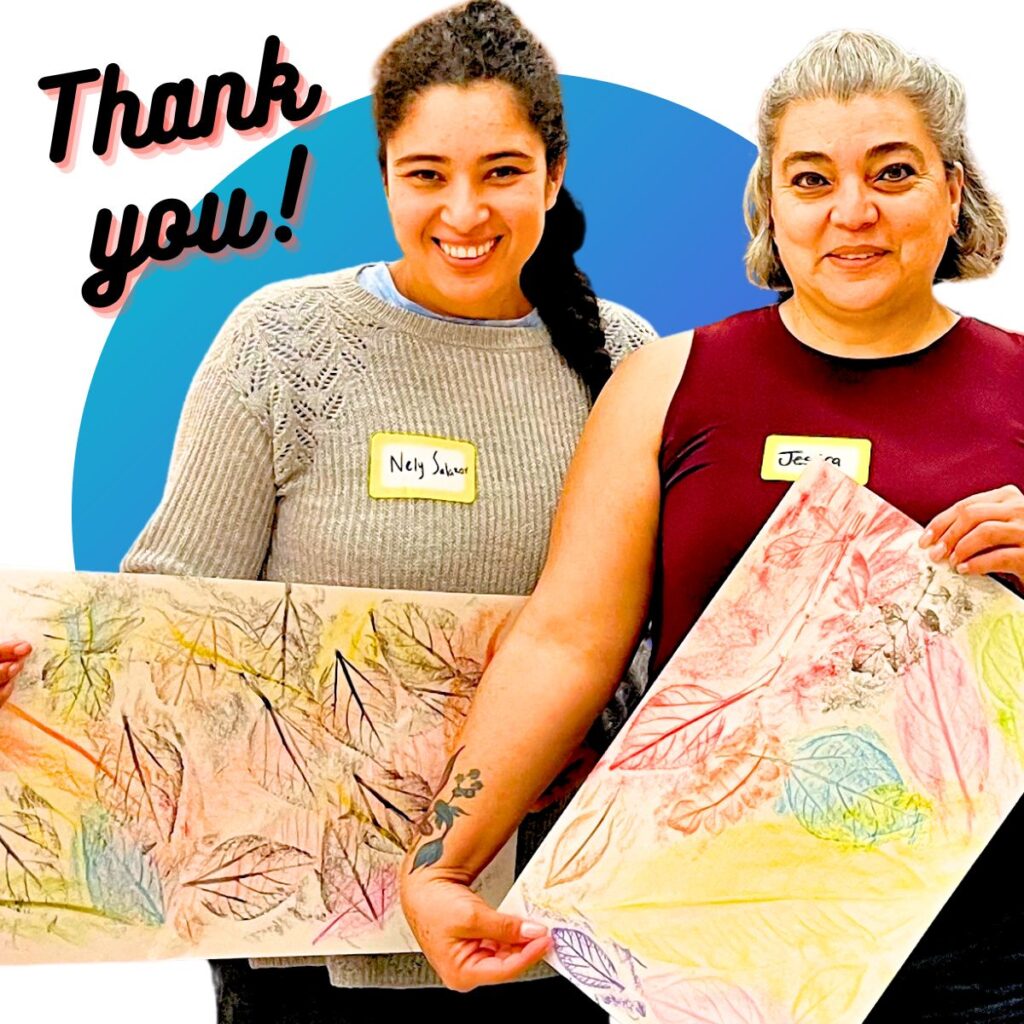
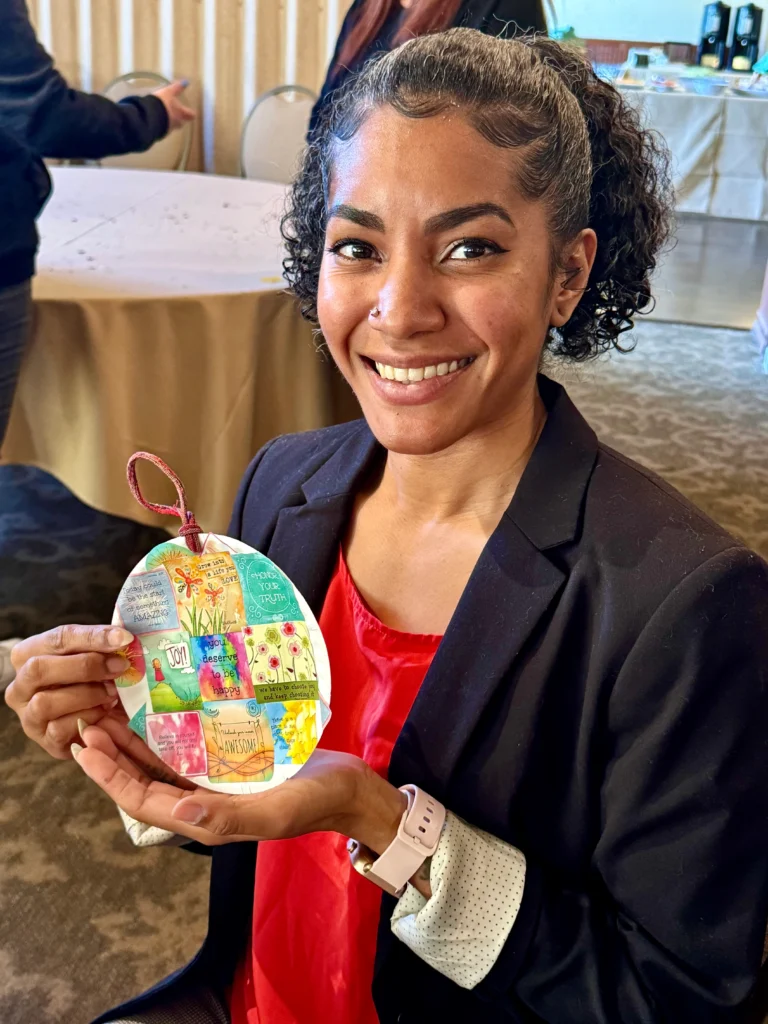
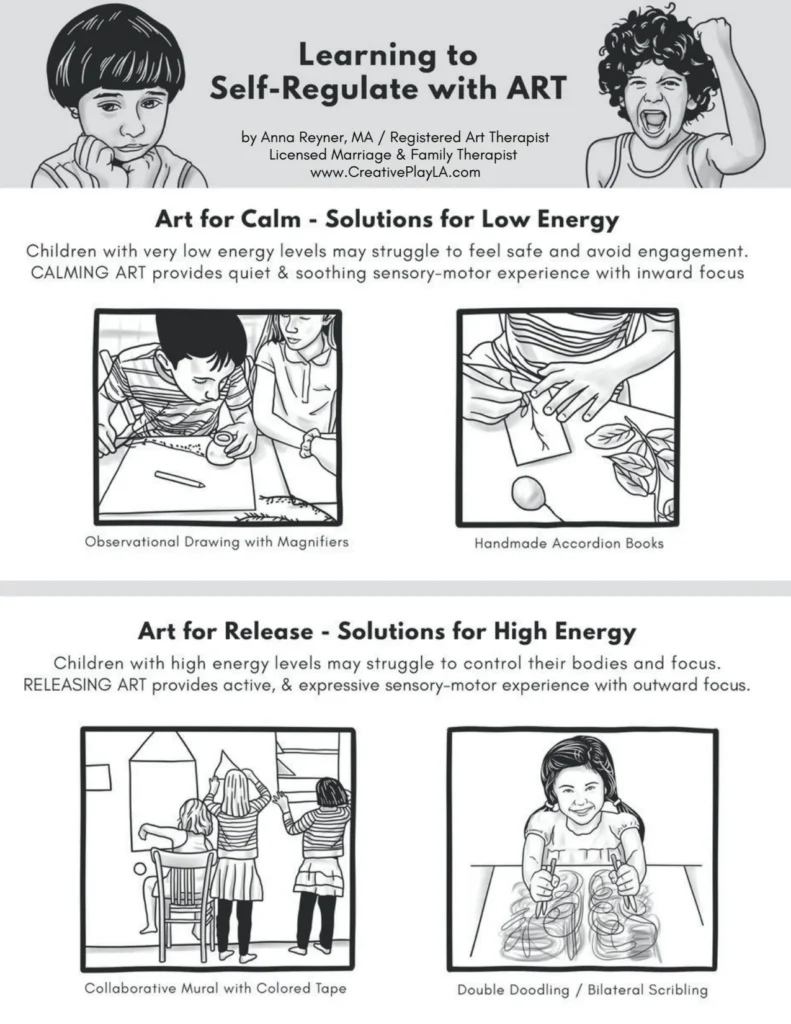
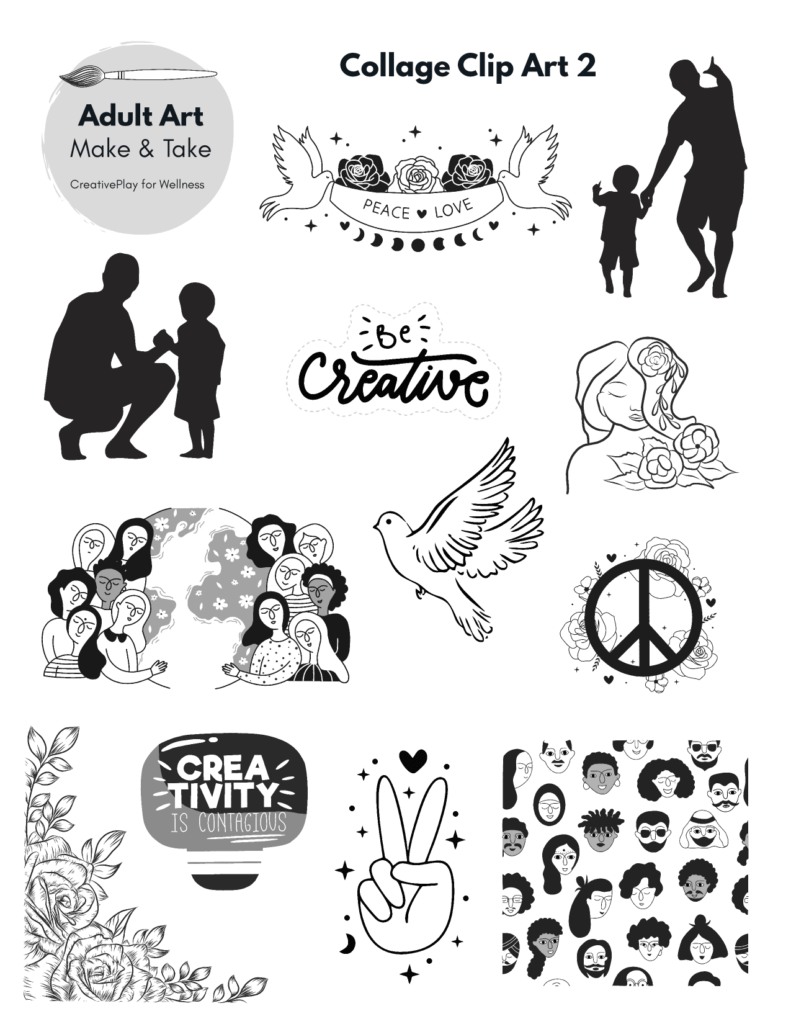
Cultivate Calm with Creative Expression: Trauma-Informed Art Activities
Classroom chaos got you down? Trauma-Informed Art Activities for Early Childhood offers practical solutions! This book unveils the power of art to create a calmer learning environment. Packed with engaging activities, it equips educators with tools to promote self-expression, emotional regulation, and social-emotional learning in children and youth. By fostering these skills, you’ll cultivate a more peaceful classroom atmosphere where both you and your students can thrive.

Order Your Copy Today and Discover the Art of a Calm Classroom!
The Gift of Wellbeing: Trauma-Informed Art Activities for Early Childhood
(The Perfect Teacher Gift!)
Looking for a unique and meaningful teacher gift? Look no further than this book!
This comprehensive and practical offering removes any barrier to using art as a pathway to healing-centered learning environments. Educators and caregivers will feel empowered in supporting the emotional healing, resilience and thriving of children as they grow up in a challenging world.
By gifting this comprehensive resource, you’re giving the gift of well-being – for both teachers and students.
Surprise a special teacher today!
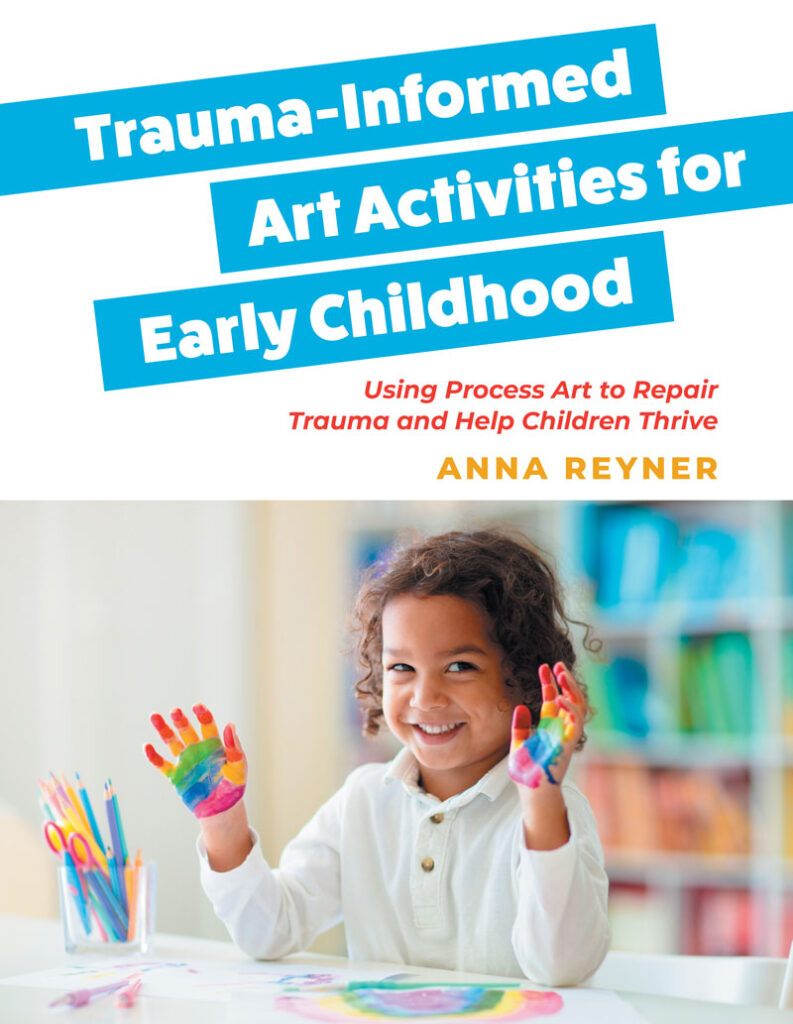
Bundle Workshops with Book! Custom invoicing to suit your needs
Contact Anna for details /art@annareyner.com



